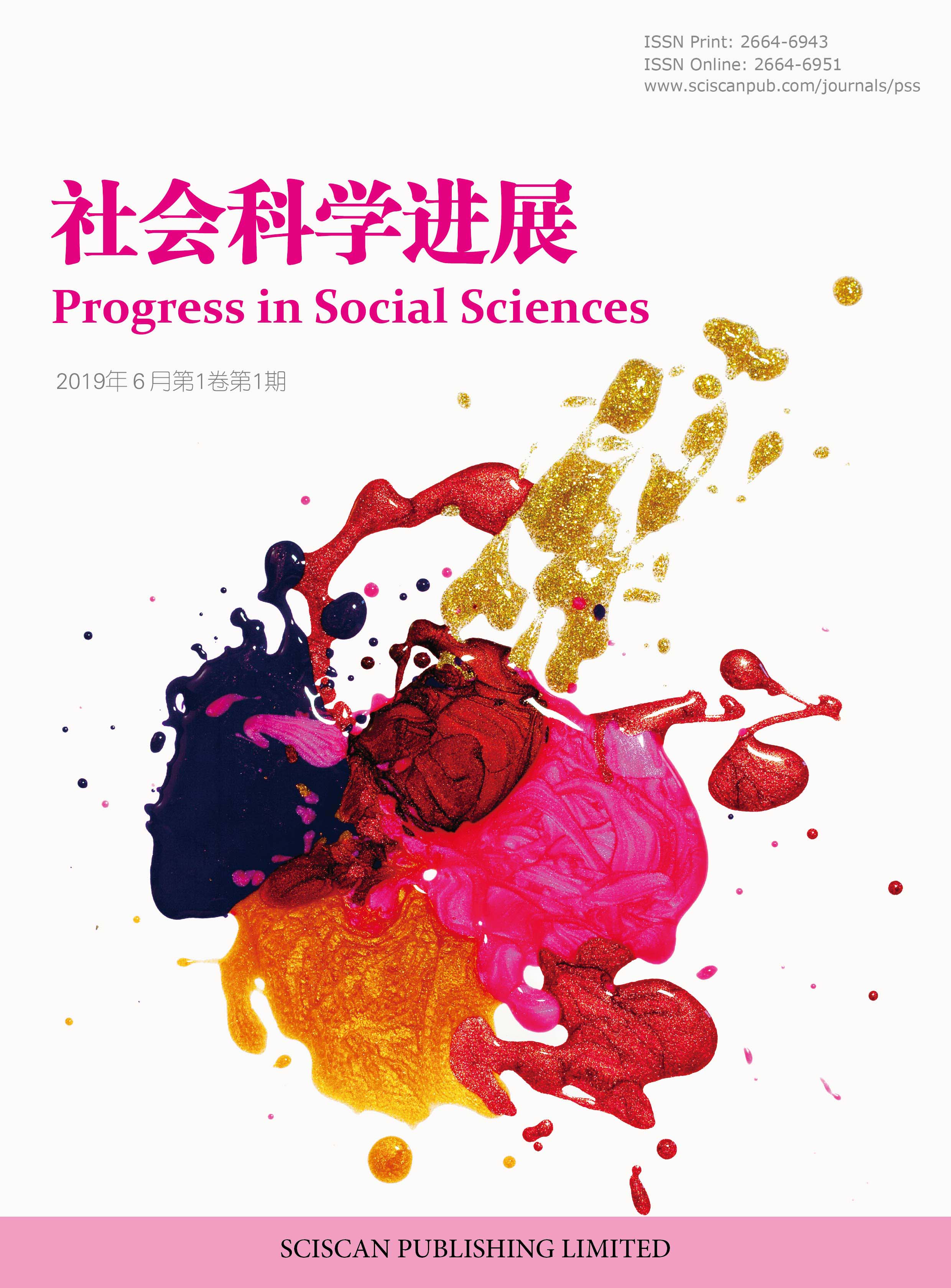Progress in Social Sciences
ISSN Print: 2664-6943
ISSN Online: 2664-6951
Contact Editorial Office
Subscribe to the latest published information from SCISCAN
日本高校国际化复合型外语类人才培养的战略探析——以近20 年来的政策指导文件为中心
Exploration of the National Strategies of Global Compound Foreign Language Talents in Japan —Centered on the Policy Guidance Documents in the Past 20 Years
- Authors: 杨蕙泽 杨曈
-
Information:
东南大学外国语学院,南京
-
Keywords:
Compound foreign language talents; National strategy; Foreign language policy复合型外语人才; 国家战略; 外语政策
- Abstract: The Ministry of Education, Culture, Sports, Science and Technology of Japan has placed considerable emphasis on “globalization” as the primary strategy for nurturing compound foreign language talents within Japanese universities over the past decade. To realize the national strategic objective of global talent cultivation, two principal pathways have been pursued: the international student-oriented pathway and the Japanese student-oriented pathway. The latter can be subdivided into two distinct models of cultivation, namely the “overseas-oriented” approach, enabling students to acquire overseas learning experiences, and the “domestic-oriented” approach, which aims to develop students’ foreign language proficiency within the country. Within the context of contemporary China, the “domestic-oriented” policy holds particular relevance and applicability. Specifically, by strengthening collaborations with international universities, developing joint international courses, and facilitating cross-cultural student cohorts, China can enhance the linguistic competencies, multicultural understanding, and global perspectives of its diverse foreign language talent pool without relying on outbound mobility. Furthermore, valuable lessons can be learned from the closely intertwined partnerships between Japanese corporations, government, and universities in fostering foreign language talents. By aligning closely with market demands through targeted foreign language instruction at universities, China can effectively and efficiently cultivate the talent pool required by the market, thus bridging the prevailing gap between the shortage of compound foreign language talents and the employment challenges faced by foreign language graduates in the country. 近十年,文部科学省对日本高校的复合型外语人才培养的战略重点落在“国际化”上,为了达成国际化人才培养的战略目标,日本主要推行两种路径:面向留学生的国际化人才培养路径和面向日本人的国际化人才培养路径。而后者也可以分为两种培养模式,一种是让学生获得海外学习的经验的“海外型”;另一种是在国内培养具有一定外语水平的学生的“国内型”。相对于“海外型”而言,更便于我国当下直接进行借鉴的是“国内型”政策。具体而言,可以通过加强与海外校的合作,开发国际共同课程、组成中外学习小组等,使我国的复合型外语人才不出国门也能精通外语、体会多元文化、拥有国际视野。此外,同样值得借鉴的是日本企业、政府和高校之间紧密联系合作的外语人才培养模式。这是因为充分呼应市场需求进行的高校外语教学,可以更加精准、高效地培养出市场所需要的人才,填补我国市场复合型外语人才紧缺和外语毕业生就业难之间的鸿沟。
- DOI: https://doi.org/10.35534/pss.0503019
-
Cite:
杨蕙泽,杨曈.日本高校国际化复合型外语类人才培养的战略探析——以近20年来的政策指导文件为中心[J].社会科学进展,2023,5(3):194-209.
















